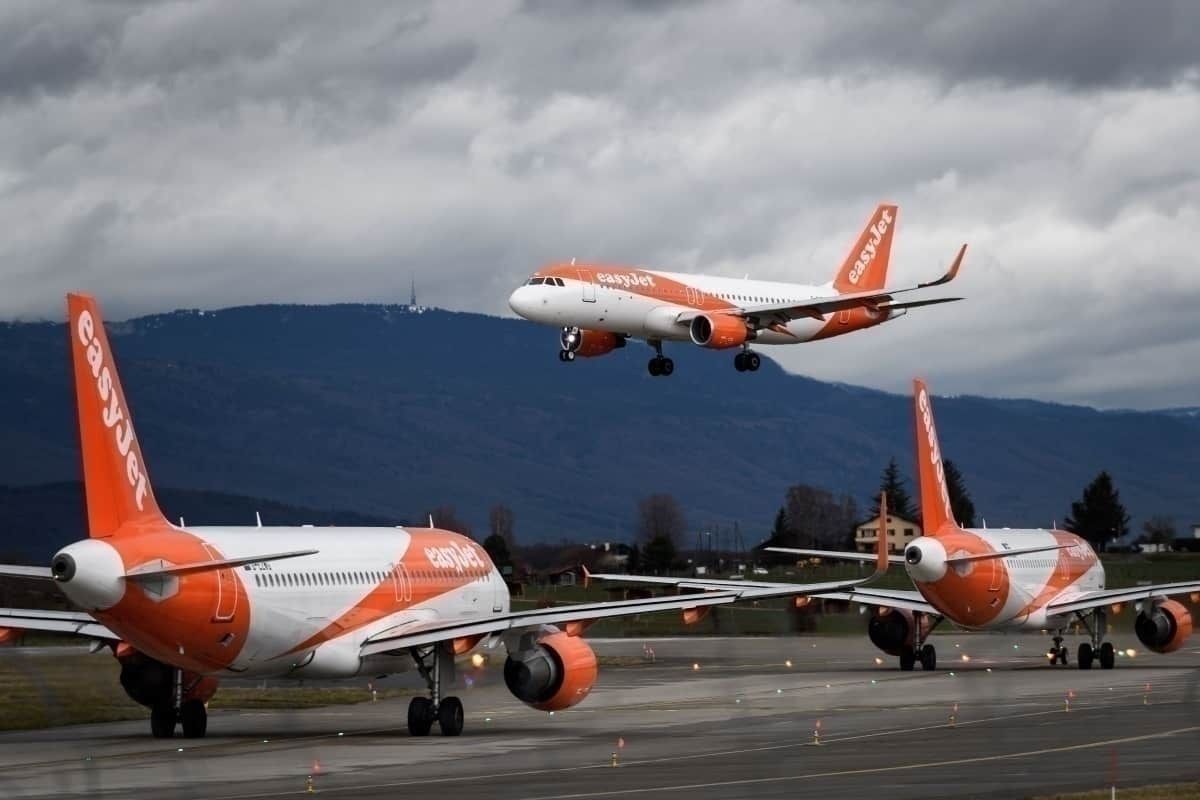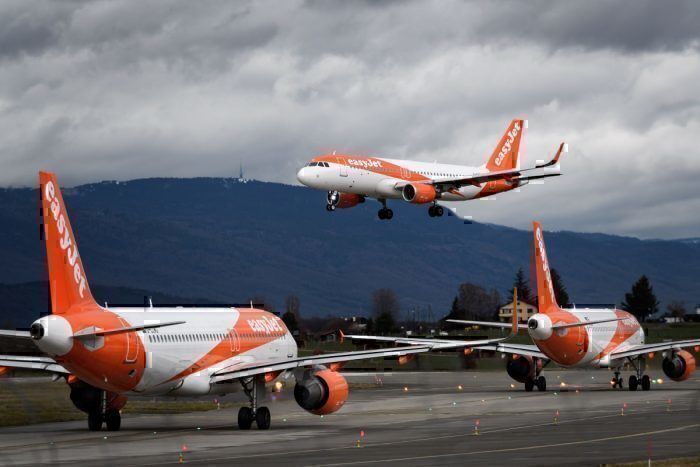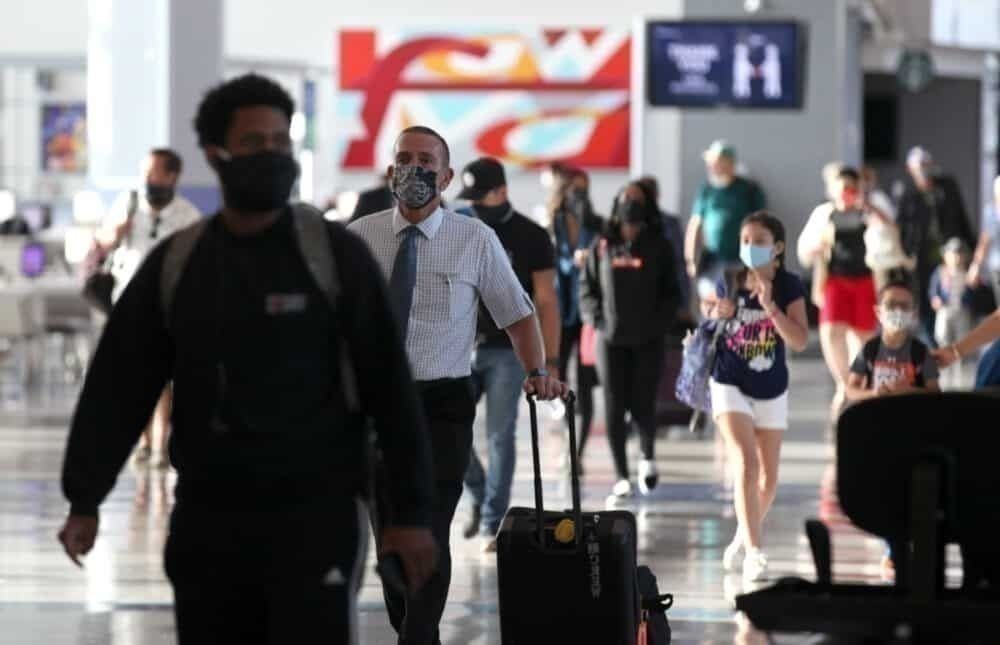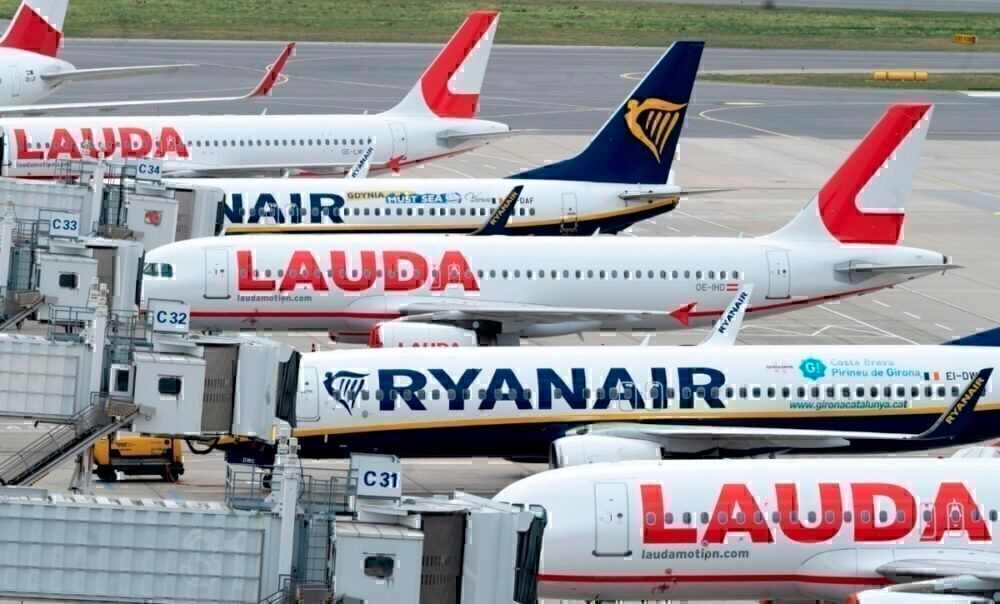Airlines like easyJet and other low-cost-carriers will need to update their ancillary offerings as travel trends evolve following the shifting aviation landscape. Passengers will likely be more price-sensitive and perhaps even more nervous while flying. We believe passengers will be looking for additional purchases that can complement their experience.
How does easyJet see travel evolving?
Speaking at the Future Travel Experience on June 4th, Andrew Middleton, the Commercial Director at easyJet outlined how the market was shifting under the feet of airlines.
"I think we anticipate a shift to a younger demographic, and in terms of kind of the traditional ancillaries, I think there's a lower propensity from younger consumers to buy. So I think we're going to have to think a bit differently about what our core product set is, and if there's a big shift to a younger demographic, we'll need to think more experiential."
The airline executive also highlighted that there was a new subset of passengers created during the crisis - those who are worried about flying.
"The final one I think is that we anticipate there certainly being a segment of traveler that will be more reluctant to travel; more nervous."
While aircraft travel is proven to be incredibly safe, the fact that passengers of this psychographic exist offers a new ancillary market for airlines.
Which new ancillary offerings might be on the horizon?
Ancillary offerings, items offered to passengers for purchase beyond just a seat on a plane (from extra luggage to travel insurance to rental cars), are an essential revenue driver for airlines. They are especially crucial for low-cost-carriers, who generally make less from seat tickets than full-service airlines and depend on income from other sources.
For these two new example markets, Mr. Middleton highlighted new offerings that may bear fruit:
- Younger passengers have less money to spend but are more likely to travel to pleasure destinations such as beaches or mountains. Thus hire cars and other transport options that offer freedom on the ground are vital to ancillary growth. Especially if available for a low price via a partnered hire car company
- For worried passengers, offerings such as access to a socially-distanced lounge may pique their interest. By offering a premium airport experience with privacy and less access for others, worried travelers may be willing to pay an added premium.
The easyJet commercial director also highlighted that the airline is researching offering social-distancing onboard aircraft as an extra.
"The one I think I'm particularly curious about seeing how it evolves is whether there is more attractiveness around flights with lower load factors, and is there a way we can help customers navigate to that. I'm quite interested in that."
Currently, the aviation consensus is that social distancing onboard aircraft is not required (and some airline CEO's have jumped on a chance to prove that). However, if passengers are willing to spend money on it to ease their minds, then why not have an offer?
Mr. Middleton finished off his segment with this advice for airlines.
"Now, more than ever, I think one size won't fit all and say being conscious of that and being responsive to that an effective way when you're a retailer, I think will be very important."
What do you think? Which other new offerings might be available from airlines? Let us know your ideas down below.




